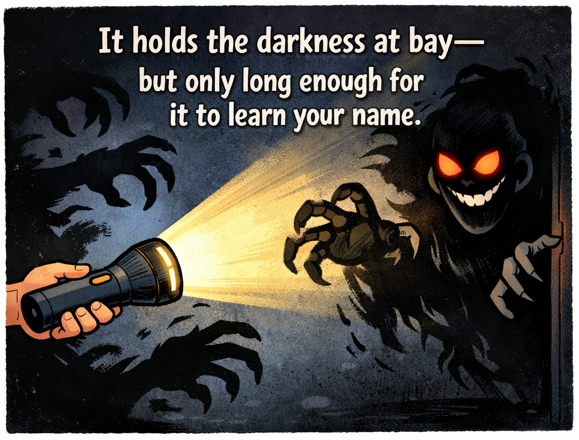Europe’s Chip Strategy Grows Up
- Sep 29, 2025
- 3 min read
Written by: D R Apana
Date: 30/09/2025
When a strategy is young, it loves round numbers. “Twenty percent by 2030” felt like a banner—clear, catchy, and easy to brief. But banners don’t build fabs. What does? Walking with the wise: auditors who test assumptions, practitioners who live with yield curves, and coalitions that swap vanity metrics for resilient capability.
Last year’s headline ambition for Europe’s semiconductor push was a 20% global market share. This month, a Dutch-led Semicon Coalition convinced all 27 EU states to call for a Chips Act 2.0, shifting emphasis from the percentage to what actually secures Europe: critical-tech depth, faster permits, funding that matches the task, and a pipeline of skills. That pivot is not capitulation—it’s maturation.
Why the pivot makes sense (and arrives right on time)
Reality check from the ECA. Europe’s own auditors judged the 20% market-share goal unlikely, projecting ~11.7% by 2030. That’s not defeatism—it’s numeracy. Targets that ignore global capacity expansions (US, East Asia) mis-specify the race you’re in.
A teachable failure. Intel’s canceled Magdeburg fab showed how fast the ground moves—corporate restructurings, capex reprioritization, site complications, and subsidy debates can upend marquee plans. If your plan “walks with” press releases, it will be surprised; if it walks with operators and auditors, it will adapt.
From share to shape. Europe doesn’t need to own every wafer; it needs assured access to the right nodes (from power/auto to RF/analog and advanced packaging), fast-track capacity for shocks, and talent. Coalitions are now saying exactly that.
The paradox (inverted logic worth testing)
Chasing a big round market-share number can actually shrink strategic resilience—because you pour money into the most glamorous node while neglecting unsexy bottlenecks: specialty analog, mature nodes vital to autos/energy, advanced packaging, photoresists, tool supply chains, and technician training. Europe grows stronger, not by winning a pageant, but by walking with the boring experts who keep grids running and cars shipping.
Ethical implications (balanced, not breathless)
For policymakers: Numbers persuade voters, but mis-aligned metrics mislead. Choose auditable outcomes (time-to-permit, share of critical inputs onshore, cross-border redundancy, apprenticeship seats filled) over slogans. The ECA’s critique is not hostile; it’s a civilizational gift—accountability as companionship.
For industry: Sign the coalition’s declaration, then open your books on what actually unblocks capacity: tool lead times, grid hookups, workforce gaps. The “wise walk” is collaborative disclosure, not performative optimism.
For citizens: Resist cheerleading or doom-scrolling. Ask better questions: Which critical nodes are covered? How fast can Europe stand up replacement capacity? How many mid-skill technicians are in training this quarter? (Not in 2030—this quarter.)
What a “wise walk” could look like (concrete moves)
Dedicated chip budget with transparent milestones—tie disbursements to permitting cycle time and verified capacity additions, not just announcements.
Pan-EU permit sprint teams that drop average fab-adjacent approvals from years to months—publish a monthly dashboard.
Skills compacts with manufacturers: paid apprenticeships; credential stacks portable across member states; report quarterly placement rates.
Diversify beyond leading-edge: fund mature nodes, power semis, RF, advanced packaging, and lithography/photoresist inputs that Europe already leads—shape over share.
Stress-tests for geopolitical shocks: simulate export-control crunches and logistics disruptions; pre-contract surge capacity.
The call to action
Europe’s chip policy just took a grown-up step—from an applause line to a coalition of practice. Keep walking with auditors, operators, and educators, and the continent will get wiser—less fragile, more capable, and harder to coerce. Keep walking with wishful thinking, and the next canceled mega-project won’t just bruise pride; it will break supply chains. Choose your companions.

Comments